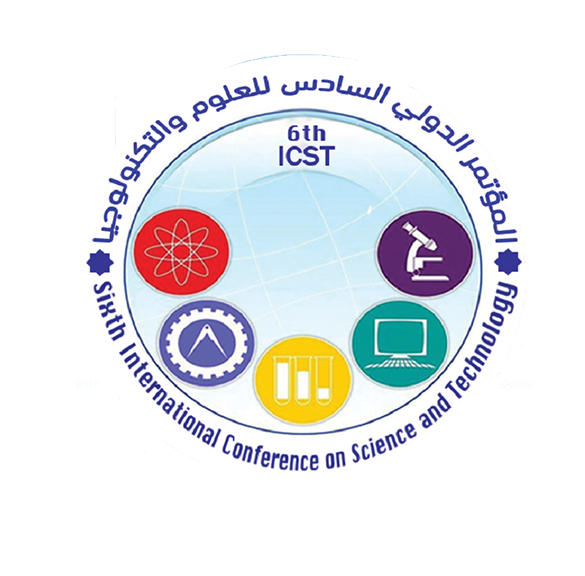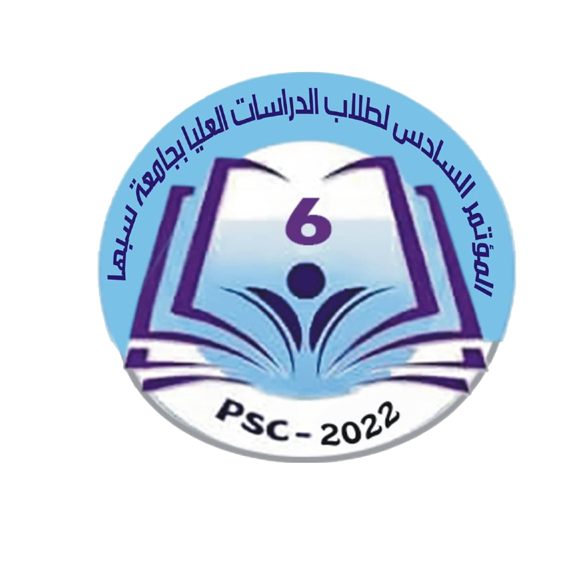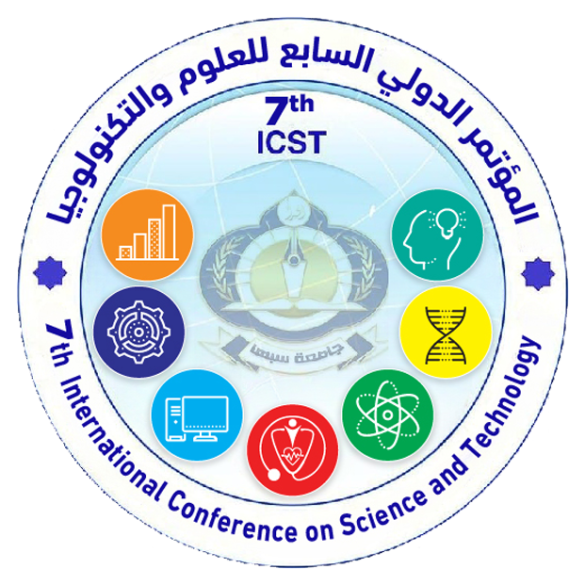Throughout human history, emerging societies have strived to achieve a cognitive leap that either enables them to catch up with more advanced societies or to dominate those around them. To attain these objectives, societies have consistently placed great emphasis on mechanisms for knowledge production and dissemination, recognizing them as the most effective tools for realizing their aspirations. For instance, ancient Greek society managed to control the production of human cultural and intellectual knowledge for a significant period. This dominance was made possible by its educational institutions and diverse mechanisms, which facilitated the production of substantial knowledge, allowing it to steer the development and circulation of ideas.
Similarly, during the medieval Islamic period, the importance of knowledge production was fully acknowledged, with particular focus placed on its mechanisms. These efforts helped shape a unique intellectual identity for the Muslim community and reinforced its educational and cultural contributions to the world.
In contemporary history, the significance of knowledge is even more evident. With the explosion of knowledge that began in the early 20th century, societies and nations were classified according to their ability to produce and circulate knowledge. As a result, many nations re-evaluated the content of their educational curricula at all levels to address their perceived inability to engage effectively in the global knowledge production project.
For more information about the conference, click here.









 Users Today : 56
Users Today : 56